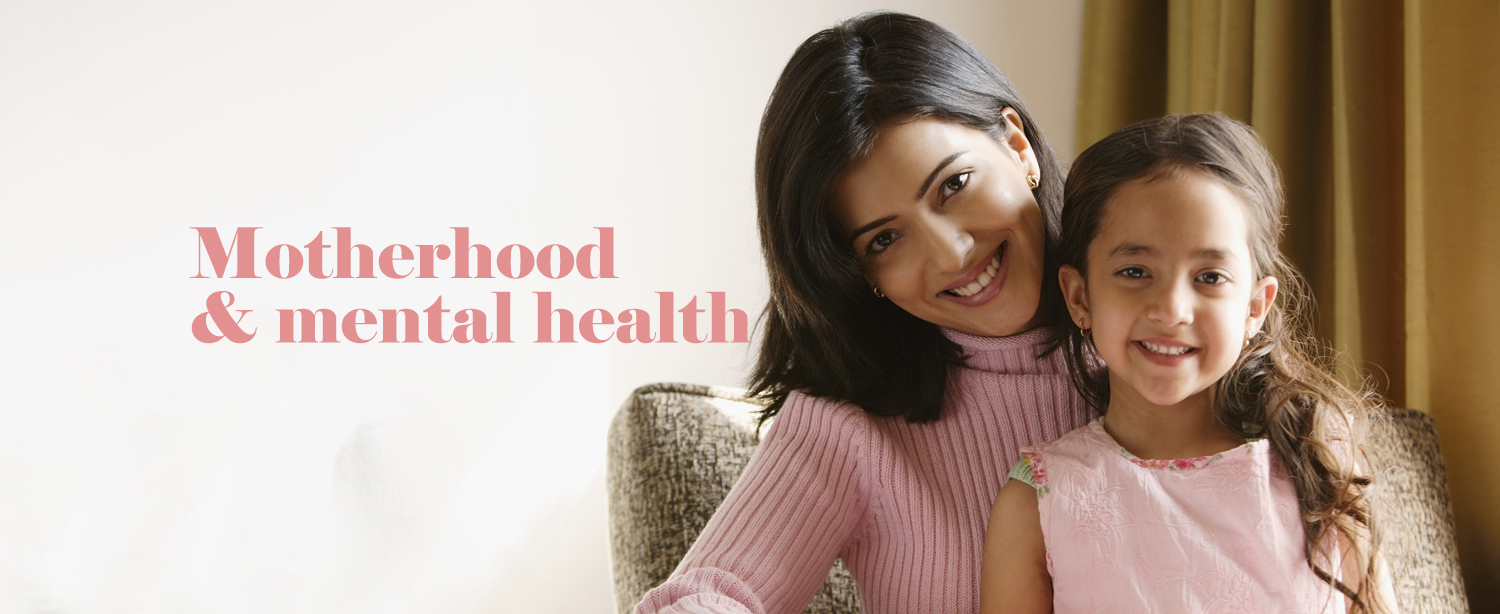Motherhood is an enriching and fulfilling journey. Multitasking is an often necessary part of motherhood but it can be stressful at times. According to a 2019 Oxfam poll, Indian women spend 312 minutes per day performing housework and childcare. This has been accelerated by the pandemic, with women trying to multitask various responsibilities. According to a survey of working women in India, 47 percent suffered from increased stress and anxiety in the pandemic.The stigma around mental illnesses, along with maternal health issues, discourages women from seeking medical help.
Many mothers manage various responsibilities. Our culture expects mothers to raise families as if they don’t have careers and work as if they don’t have children. As working mothers strive hard to balance their day, they are often left exhausted by these conflicting expectations. Sleep deprivation is another common problem faced by mothers that contributes to sadness, anxiety, tension, panic attacks, and other illnesses. Mom guilt begins during pregnancy and intensifies as friends, family, and the media focus on perceived defects in parenting. It is time to talk about the importance of mental health in mothers, support them, and encourage them to speak up and seek professional help.
How mothers can support their mental health?
Mothers go through a massive change in their identity when they have children. Many experience significant changes in their career, hobbies, interests, social connections, and overall lifestyle. Society sets unrealistic standards of perfection for mothers which may lead to mental health concerns. It is time for mothers to take care of themselves and prioritize their mental health. Follow these health tips to support your mental health better:
- Reset your expectations
The influence of social media pressurizes many mothers to be best at everything. It is important to set your own standards of what a “good mother” is and work towards that each day. Don’t set unreal expectations for yourself. - Exercise regularly
Even 15 minutes can do wonders in terms of how you feel about yourself and helps boost your mental health. Include a meditation routine also. - Don’t try to do it all
It is essential to learn to say no and set your priorities right. One cannot please everyone and that is true for mothers too. - Connect with other moms
Networking with other moms and joining social media communities is really helpful. It helps with immense emotional support and makes you realize that you are not alone. - Rediscover your hobbies
Immerse yourself in creative activities. Pursue a hobby that you enjoy or learn something new. - Spend me-time
Dedicate a time for yourself every day. Allow yourself to take 30 minutes to sip tea or coffee, watch a TV show you love, or read a book. - Start journaling
Express yourself in a gratitude journal and acknowledge all the good things in your life. Write down about all the things that are positive and give you resilience.
Self-care is essential for mothers for themselves and their family. Researchers suggest that emotionally strong and secure moms are more likely to raise children who are less aggressive, more self-controlled, and more likely to do well academically.
Mental health care at Kokilaben Dhirubhai Ambani Hospital
Women are routinely screened for postpartum depression after childbirth, but as life continues mental health matters often tend to be ignored. Timely therapy and counselling can help empower mothers to cope better with stress and manage their life. Mental health is a building block of women’s overall health. Consult our highly experienced doctors at the Department of Psychiatry for specialist care. This Mother’s Day, make a difference to your life. Discuss your mental health issues and seek medical time medical help from our experts: https://www.kokilabenhospital.com/departments/clinicaldepartments/psychiatry.html


